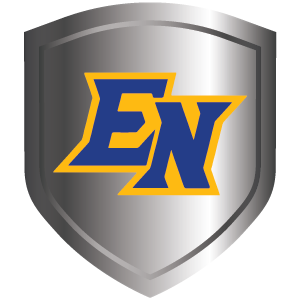Skip to content
Show submenu for District
District
Board of Trustees
Show submenu for Employment
Show submenu for Families
Show submenu for Students
Show submenu for Staff
Show submenu for Community
Community
Show submenu for DEPARTMENTS & SERVICES
DEPARTMENTS & SERVICES
Technology
Food Services
Transportation
Health Services
Instructional and Support Services
Show submenu for Legal Notices
Show submenu for Additional Legal Notices
Contact Us
Parental Agreement Sites and OTS
Bus Rodeo
Show submenu for
